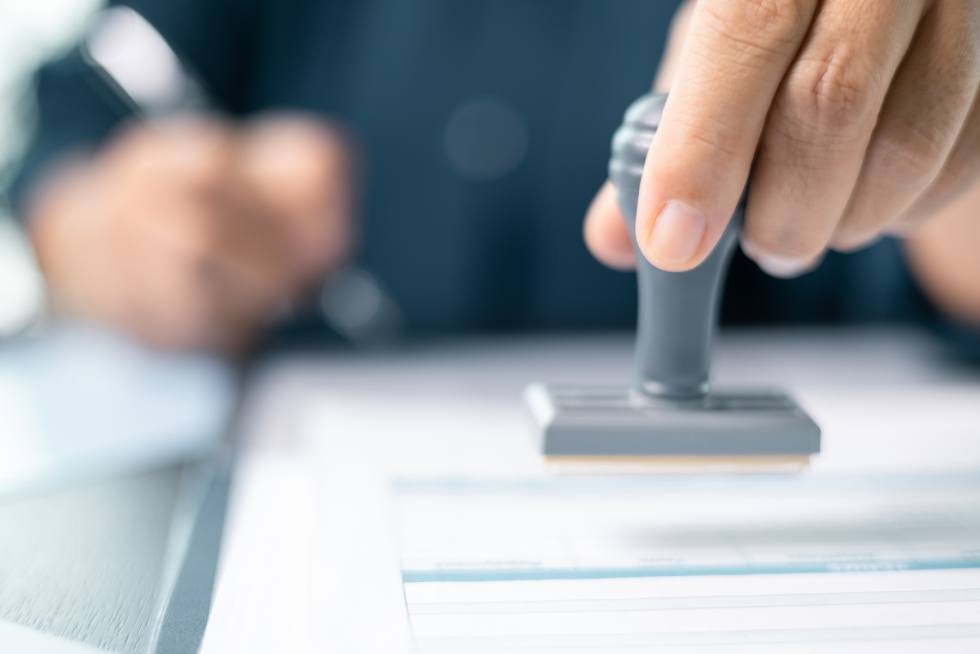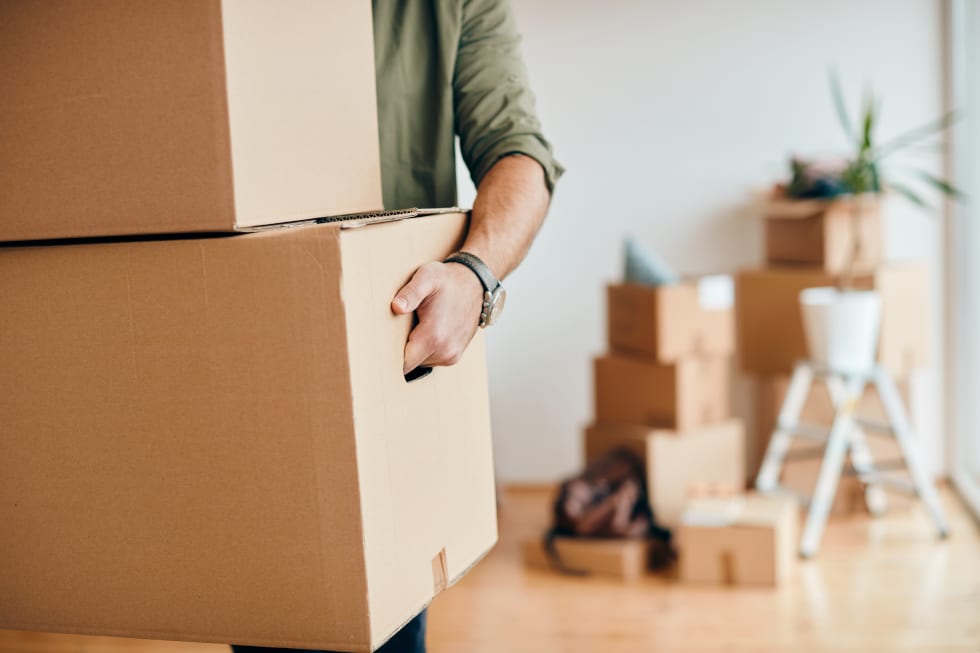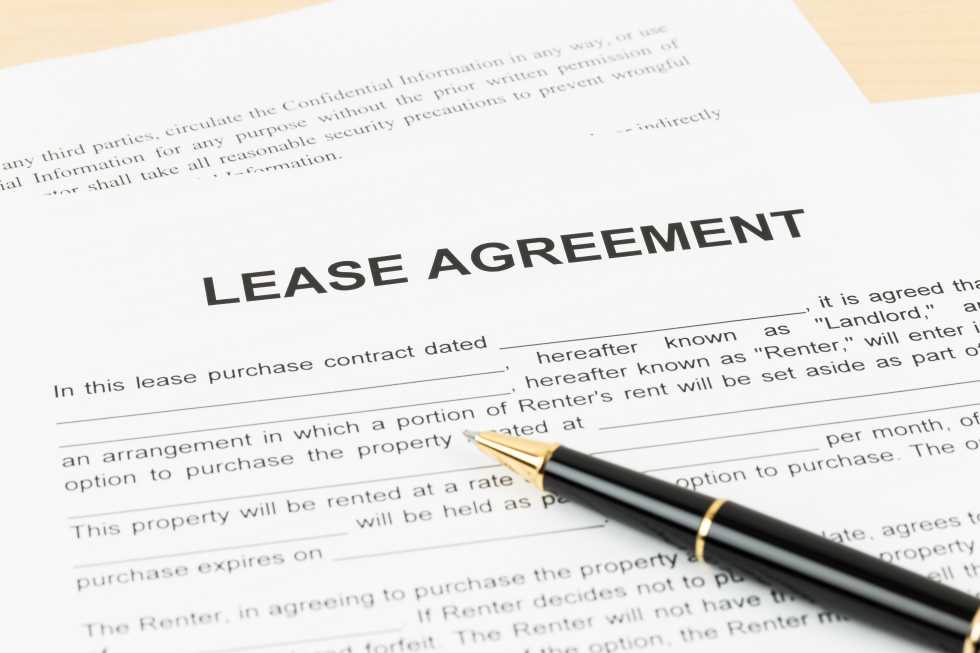- 44 units available
- 1 bed • 2 bed • 3 bed
- Amenities
In unit laundry, Hardwood floors, Dishwasher, 24hr maintenance, Stainless steel, Walk in closets + more

After your rental application is approved, you’ll receive and sign the lease, pay applicable fees (i.e., security deposit, pet deposit), set a move-in date with inspections, and turn on utilities.
In this guide, we'll walk you through the steps to take after your rental application has been approved, from signing the lease to scheduling your move-in. We'll also answer some common questions to help you navigate this new chapter with ease.
After your rental application is approved, the next step is finalizing your lease. The speed at which you receive the lease depends on your move-in date. If you already know the unit you're moving into, as well as the date, expect it to arrive quickly.
For waitlists or situations in which you will be assigned a unit later, you might wait a few weeks or even months. This is because landlords can't fill out your lease until you have a move-in date and a unit finalized.
When you receive the lease, review it carefully, paying close attention to terms and conditions such as the rent amount, due date, pet policies, and restrictions. Don't hesitate to ask your landlord or property manager to clarify anything.

After signing the lease, you'll typically need to pay several fees. These typically include a security deposit (often equivalent to one or two months' rent), the first month's rent, and potentially a pet deposit or additional pet rent.
You may also encounter additional fees, such as an application fee and charges for parking, amenities, or services. Inquire about preferred payment methods and deadlines.
Confirm your move-in date with your landlord or property manager, determine the time you can access the property, and arrange for key exchange. If you need assistance, schedule movers or enlist help in advance to ensure a smooth move.

Contact electricity, gas, water, internet, and cable providers to schedule service connections. If possible, transfer existing accounts to your new address.
You can also update your address with the post office, banks, credit card companies, and other important contacts. If applicable, notify your employer and your children's schools of your new address.
By following these steps, you'll be well-prepared for your move and can enjoy your new home without unnecessary stress.
Ready to find your perfect new home? Now that you know what to expect after your application is approved, it's time to start your search. Browse our extensive apartment listings on Apartment List to discover your dream space.
There are four main steps you’ll have to take after your application is approved. First, the landlord will contact you to sign the lease. Then you’ll pay all necessary fees and schedule your move-in date. You’ll also turn on any utilities or schedule them for the correct move-in date.

The timeframe for receiving a lease varies depending on several factors. If you're moving in soon, you can expect to receive it promptly (within one to three business days). However, if you're on a waitlist, you may have to wait a few weeks or even months. The reason is that your landlord will wait to draft a lease until a unit and a move-in date have become available.
Unfortunately, most landlords require the security deposit to be paid up front when signing the lease. However, it's worth discussing your situation with the landlord. They may be open to alternative arrangements, such as splitting the deposit into installments or accepting a guarantor. It's essential to be transparent about your financial situation and explore all possible options.
Yes, while landlords typically have standard lease agreements, there's often room for negotiation. You can try to negotiate rent, lease length, pet policies, or other terms. Be respectful and prepared to offer compromises. Remember, landlords are more likely to negotiate with strong rental applications and a good rental history.
Yes, it's generally a good idea to follow up on your rental application after a reasonable amount of time (after three business days). A polite and brief inquiry about the status of your application shows your interest in the property. However, avoid being overly persistent, as it could be perceived as rude.
Submitting a rental application can involve a hard credit check, which can impact your credit score. However, the impact is usually minimal, and the inquiry will remain on your report for only a short period.
To make your rental application stand out, focus on demonstrating your reliability and responsibility as a tenant. Highlight a strong rental history, stable income, and good credit. Be prepared to provide excellent references from previous landlords. Clear and complete application forms, along with prompt communication, also leave a positive impression.



In unit laundry, Hardwood floors, Dishwasher, 24hr maintenance, Stainless steel, Walk in closets + more
In unit laundry, Granite counters, Pet friendly, Stainless steel, Walk in closets, Gym + more